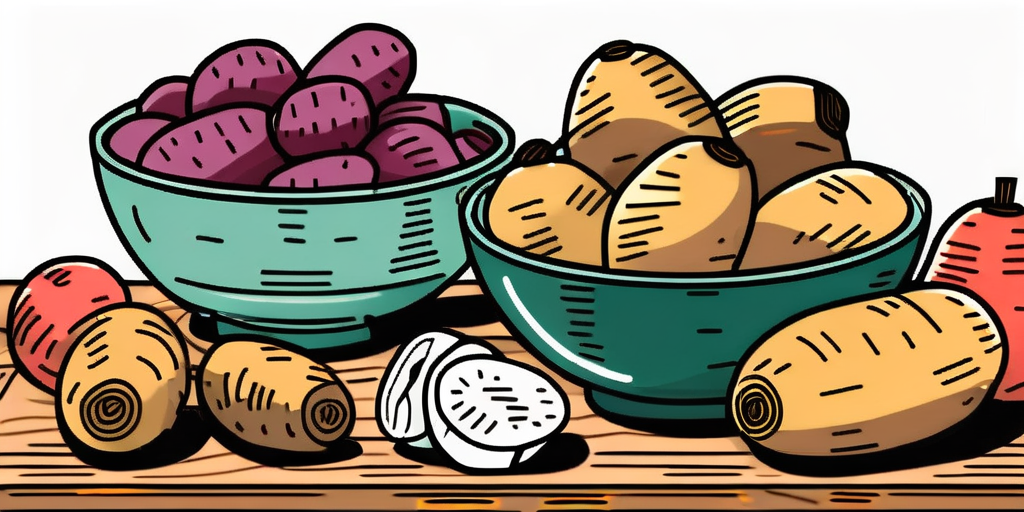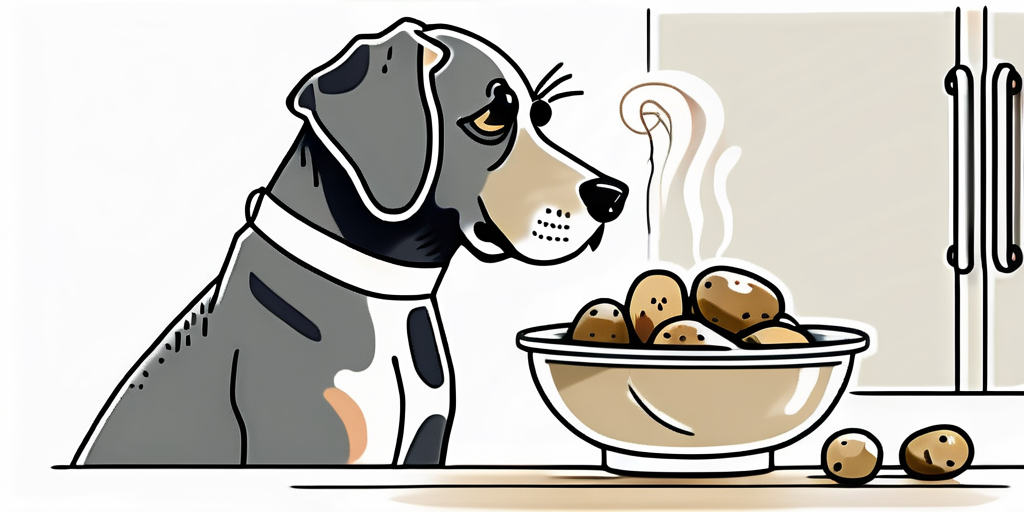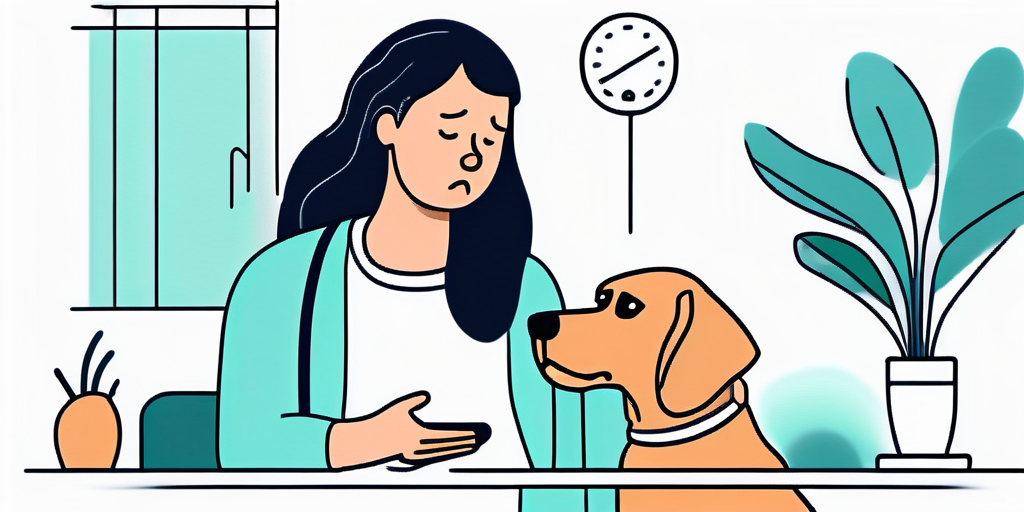Understanding Canine Nutrition
As pet owners, it’s essential to understand the nutritional needs of our furry friends. Proper nutrition plays a crucial role in their overall health and well-being. When it comes to feeding dogs, it’s not just about providing them with a balanced diet but also knowing what foods are safe for them to consume.
Did you know that dogs require a variety of essential nutrients to thrive? These include proteins, carbohydrates, fats, vitamins, and minerals. Each nutrient plays a vital role in maintaining their bodily functions. For example, proteins are essential for building and repairing tissues, while carbohydrates provide energy for their daily activities. Fats, on the other hand, help with nutrient absorption and provide insulation and protection for vital organs.
When it comes to vitamins and minerals, dogs need a range of these micronutrients to support their immune system, maintain healthy bones and teeth, and ensure proper cell function. From vitamin A for good vision to calcium for strong bones, providing a well-rounded diet that meets their nutritional requirements is crucial for their overall well-being.
Foods Dogs Should Avoid
While some human foods can be consumed by dogs, there are certain foods that should never be a part of their diet. It’s important to be aware of what foods to keep away from our furry companions to prevent any potential health risks.
One food that should be strictly avoided is chocolate. Chocolate contains theobromine, a compound that is toxic to dogs. Even small amounts can cause symptoms like vomiting, diarrhea, increased heart rate, and in severe cases, seizures or even death. Another food to avoid is grapes and raisins. These seemingly harmless fruits can lead to kidney failure in dogs. Other foods to keep away from your furry friend include onions, garlic, avocados, and alcohol, as they can all have detrimental effects on their health.
By being knowledgeable about canine nutrition and understanding what foods are safe and what foods to avoid, you can ensure that your furry friend is getting the best possible diet for their overall health and well-being. Remember, a well-nourished dog is a happy and healthy dog!
The Potato: Nutritional Profile
Potatoes are a staple food for many of us, packed with essential nutrients. But can dogs safely eat potatoes? Let’s take a closer look at the nutritional profile of potatoes to understand their impact on canine health.

When it comes to the health benefits of potatoes, these humble tubers truly shine. They contain a wide range of vitamins and minerals that can support your furry friend’s overall well-being. For instance, potatoes are an excellent source of vitamin C, a powerful antioxidant that can boost your dog’s immune system. A strong immune system is essential for fighting off infections and diseases, keeping your canine companion happy and healthy.
In addition to vitamin C, potatoes are also rich in potassium. This essential mineral plays a crucial role in maintaining proper heart and muscle function in dogs. It helps regulate blood pressure, ensuring that your pup’s cardiovascular system stays in tip-top shape. So, by including potatoes in your dog’s diet, you can give their heart a little extra love.
Fiber is another key nutrient found in potatoes. This dietary component aids in digestion and can prevent constipation in dogs. It promotes regular bowel movements, ensuring that your furry friend’s digestive system operates smoothly. So, if your dog occasionally experiences tummy troubles, adding some potatoes to their meals might just do the trick.
Health Benefits of Potatoes
Potatoes contain a wide range of vitamins and minerals, including vitamin C, potassium, and fiber. These nutrients can provide several health benefits for dogs, such as promoting a healthy immune system, supporting digestion, and aiding in tissue repair. Potatoes can be a valuable addition to your dog’s diet when included safely and in moderation.
However, as with any food, it’s important to be aware of potential risks. While potatoes offer nutritional benefits, they also come with some potential risks for dogs. One concern is the high carbohydrate content of potatoes, which can contribute to weight gain or digestive issues if consumed excessively. It’s crucial to monitor your dog’s portion sizes and ensure that potatoes are just one component of a well-balanced diet.
Additionally, some dogs may have allergies or sensitivities to potatoes. Just like humans, our furry friends can develop food allergies, and potatoes are no exception. If you notice any signs of digestive upset, such as vomiting or diarrhea, or if your dog experiences skin problems like itching or rashes after consuming potatoes, it’s best to consult with your veterinarian. They can help determine if your dog has an allergy or sensitivity and provide guidance on suitable dietary alternatives.
In conclusion, while potatoes can offer numerous health benefits for dogs, it’s essential to introduce them safely and in moderation. By doing so, you can provide your furry friend with a nutritious addition to their diet, supporting their immune system, digestion, and overall well-being. Remember, a happy and healthy pup is a potato-loving pup!
Can Dogs Eat Potatoes Safely?
The answer is yes, dogs can eat potatoes safely; however, certain precautions need to be taken. Potatoes are a versatile and nutritious food that can be a healthy addition to your dog’s diet when prepared properly.
Raw vs Cooked Potatoes for Dogs
Raw potatoes can be difficult for dogs to digest and may cause gastrointestinal disturbances. Dogs have shorter digestive tracts compared to humans, and their bodies are not designed to break down raw starches effectively. This can lead to discomfort, bloating, and even potential blockages in their digestive system. To avoid these issues, it is best to feed your canine companion cooked potatoes rather than raw ones.
Cooking potatoes can help break down starches, making them easier for dogs to digest. Boiling or baking potatoes until they are soft and fully cooked is the recommended method. Avoid adding any seasonings, oils, or butter, as these can be harmful to dogs. Plain, cooked potatoes are the safest and healthiest option for your furry friend.
Potato Allergies in Dogs
Just like humans, dogs can develop allergies too, and potatoes are one of the potential allergens. While allergies to potatoes are not as common in dogs as other food allergies, it is essential to be aware of the possibility. If your dog exhibits signs of an allergic reaction, such as itching, rashes, or gastrointestinal issues, it’s crucial to consult your vet and consider removing potatoes from their diet.
It’s important to note that an allergic reaction to potatoes in dogs is not limited to consuming them directly. Some dogs may also have a reaction to potato-based dog food or treats. If you suspect your dog has a potato allergy, your vet may recommend an elimination diet to identify the specific allergen.
Remember, every dog is unique, and what works for one may not work for another. If you decide to introduce potatoes into your dog’s diet, do so gradually and monitor their response. Always consult with your veterinarian before making any significant changes to your dog’s diet to ensure their safety and well-being.
How to Safely Include Potatoes in Your Dog’s Diet
Preparing Potatoes for Dogs
When including potatoes in your dog’s diet, it’s essential to prepare them in a safe and healthy way. Avoid adding butter, oils, seasonings, or salt, as these can be harmful to your dog’s health. Instead, steam or boil the potatoes and serve them plain.

Steaming or boiling the potatoes helps retain their natural nutrients and minimizes the risk of digestive issues for your furry friend. By cooking them without any additional ingredients, you ensure that your dog receives the full benefits of this starchy vegetable without any potential harm.
Recommended Serving Sizes
Moderation is key when it comes to feeding potatoes to your dog. The appropriate serving size will depend on your dog’s size, age, and overall health. As a general guideline, consider offering small portions as an occasional treat rather than making potatoes a significant part of their regular diet.
It’s important to note that while potatoes can be a healthy addition to your dog’s diet, they should not replace their primary source of nutrition. Dogs require a balanced diet that includes protein, carbohydrates, fats, vitamins, and minerals. Potatoes can be a complementary addition, providing additional nutrients and variety to their meals.
Consulting with your veterinarian is always a good idea before introducing any new food into your dog’s diet. They can provide personalized recommendations based on your dog’s specific needs and help ensure that you are making the best choices for their overall health and well-being.
When to Consult a Vet
Signs of Potato Overconsumption in Dogs
While potatoes can be a suitable addition to your dog’s diet, it’s crucial to monitor their consumption. If your dog eats too many potatoes or shows signs of discomfort, such as vomiting or diarrhea, it’s time to consult your veterinarian. They can provide guidance and determine if there are any underlying health issues.

Other Dietary Concerns for Dogs
Remember that potatoes should not be the sole source of nutrition for your dog. A well-balanced diet should consist of a variety of foods to ensure all their nutritional needs are met. Consulting with a veterinarian or a professional animal nutritionist can help you create a customized diet plan for your furry friend.
In conclusion, dogs can eat potatoes safely, as long as they are prepared and served appropriately. Potatoes offer certain health benefits, but it’s important to be cautious and avoid overfeeding or using ingredients that may be harmful to dogs. If you have any concerns about including potatoes in your dog’s diet, always consult with a veterinarian for guidance.
